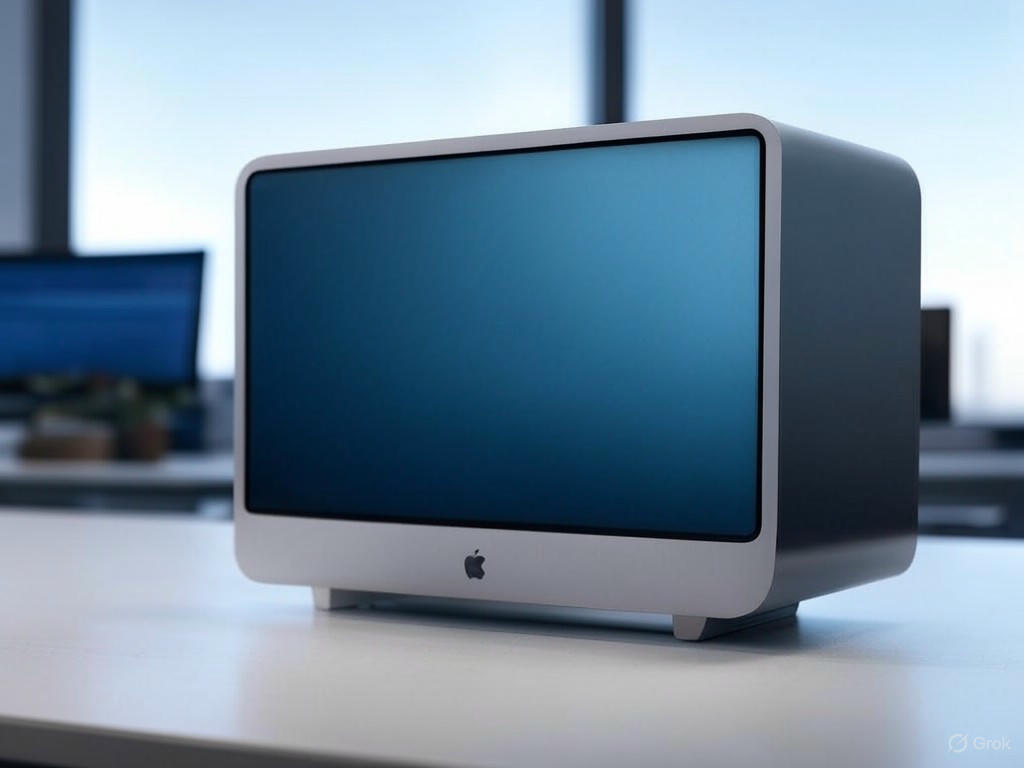The End of an Era: Apple Signals Final Update for Intel-Based Macs with macOS Tahoe
Apple has long been a trailblazer in the tech world, consistently pushing boundaries with innovative hardware and software. However, a recent announcement at the Worldwide Developers Conference (WWDC) marks a significant turning point for users of Intel-based Macs. The upcoming macOS Tahoe is set to be the final major update for these devices, signaling the end of an era as Apple fully transitions to its custom silicon architecture.
For over a decade, Intel processors powered Apple’s Mac lineup, delivering robust performance for professionals, creatives, and everyday users. The shift began in 2020 when Apple unveiled its M1 chip, the first in a series of custom-designed Apple Silicon processors. Since then, the company has been steadily moving away from Intel, with newer models like the MacBook Air, MacBook Pro, and iMac featuring M-series chips that offer remarkable speed and energy efficiency. This transition has not only redefined performance standards but also allowed Apple to integrate hardware and software more seamlessly, creating a unified ecosystem. However, this progress comes at the cost of leaving older Intel-based systems behind. The announcement of macOS Tahoe as the last full update for these machines confirms that Apple is ready to close the chapter on Intel-powered Macs.
What does this mean for users still relying on Intel-based Macs? For starters, macOS Tahoe will bring a host of new features, security enhancements, and optimizations, ensuring that these devices remain functional and secure for the foreseeable future. However, after this release, Apple will likely shift its focus entirely to Apple Silicon, meaning no further major OS updates for Intel systems. While security patches and minor updates may still roll out for a limited time, users will eventually need to consider upgrading to newer hardware to access the latest macOS innovations. This could pose challenges for small businesses, educational institutions, and individuals who have invested heavily in Intel-based setups, especially if budget constraints delay the switch to Apple Silicon devices.
Looking ahead, Apple’s decision underscores its commitment to shaping the future of computing with in-house technology. The M-series chips have already proven their worth, outperforming many traditional processors while maintaining impressive battery life—a boon for mobile professionals. As Apple continues to refine its silicon, we can expect even more powerful and efficient Macs in the coming years. For now, though, the spotlight is on macOS Tahoe, which serves as both a farewell to Intel-based systems and a bridge to the next generation of Apple innovation.
As the tech giant bids adieu to its Intel past, users are encouraged to prepare for the inevitable. Whether it’s planning an upgrade or maximizing the capabilities of their current devices with Tahoe, the message is clear: Apple’s future is silicon, and there’s no looking back. This transition, while bittersweet for some, paves the way for a new standard in personal computing that promises to redefine user experiences for years to come.


